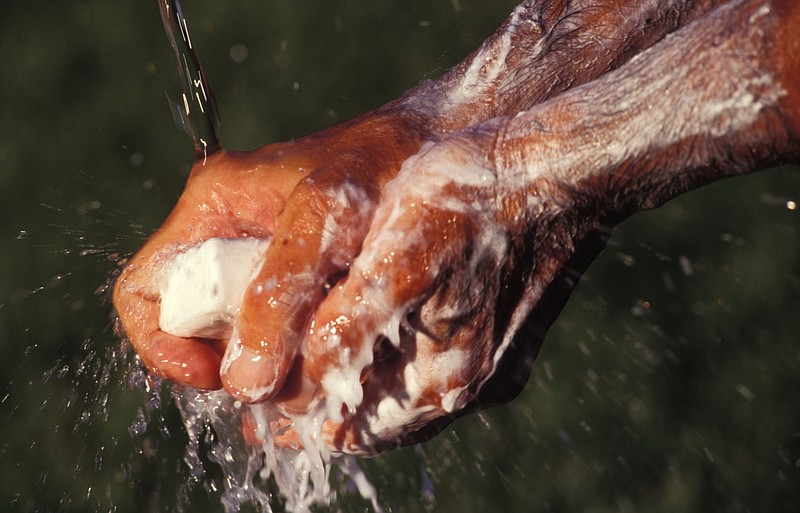Q: My family is very "green." Do you have any money saver tips that also help the environment? - Ellis Eco
Dear Mr. Eco: While this is a bit out of my purview, I've checked into your query and come up with a few very easy ideas to help both your wallet and this ole' planet of ours, thanks to, among others, RealSimple magazine. Hope these help.
* Use bar soap. Studies show that body wash used regularly require five times more energy for raw-material production and almost 20 times more energy for packaging than traditional bar soap. Our old-fashioned washing up, while not the most fashionable, has a much lower environmental impact and even better, uses less product than liquid or gels. The same studies found that bathers use almost seven times as much liquid soap when washing their hands. Imagine the waste in a nice, long shower.
* Electronic settings eat up energy (and costs). Think about the amount of electronic devices we use in a single day. From watching television to desk top computer use - and everything in between - consumers spend billions of dollars each year on electricity unaware of the waste incurred. Research shows simple ways to help this problem. Take smart TVs: Simply disable the quick-start function to salvage extra power. Or cut energy use for any regular television by up to 50 percent by selecting the "home" mode rather than "retail." Since the latter is meant for a bright store display, that mode isn't necessary for home viewing.
* Wash at night. Dishwashers and washing machines eat up a lot of energy by producing heat and humidity. During the summer months, this production fights with your air conditioner and your checkbook. Many utility companies charge higher rates during the daytime. Between 8 p.m. and midnight are the best times for this chore, with the best hours ending around sunrise. To be certain of your electricity's peak hours, check with your provider and avoid those times if possible.
* Beware of K-cup coffee pods. While K-cup pods account for an estimated 85-90 percent of all pods sold, most recycling plants refuse to accept pods with No. 7 plastic. This waste must go somewhere, and it is usually landfills. Go online to earth911.com to find nearby facilities that'll accept the pods. Once you find the location, separate the plastic cup from the lid, filter and the grounds to dispose of its entirety. (For $13, buy a Recycle-A-Cup gadget at RecycleACup.com, which will do the task for you.) Of course, k-cup lovers can always use a refillable pod available from department stores, online stores or eBay from $5 to $15.
* Aluminum foil is an environmental killer. Americans throw out over 2.8 billion tons of aluminum yearly, including cans, containers and foil. Dirty containers and cans are recyclable, but foil is not. Scarily enough, it takes centuries for aluminum to biodegrade. One answer is parchment paper. Use it for roasting, wrapping food and basically any use for which would use foil. The paper is not only biodegrade, it's compostable and often can be reused for extra savings.
Readers who know other techniques for =saving money and conserving energy, please email me. I'd love to share your ideas in a future column.
Contact Ellen Phillips at consumerwatch@timesfreepress.com.

